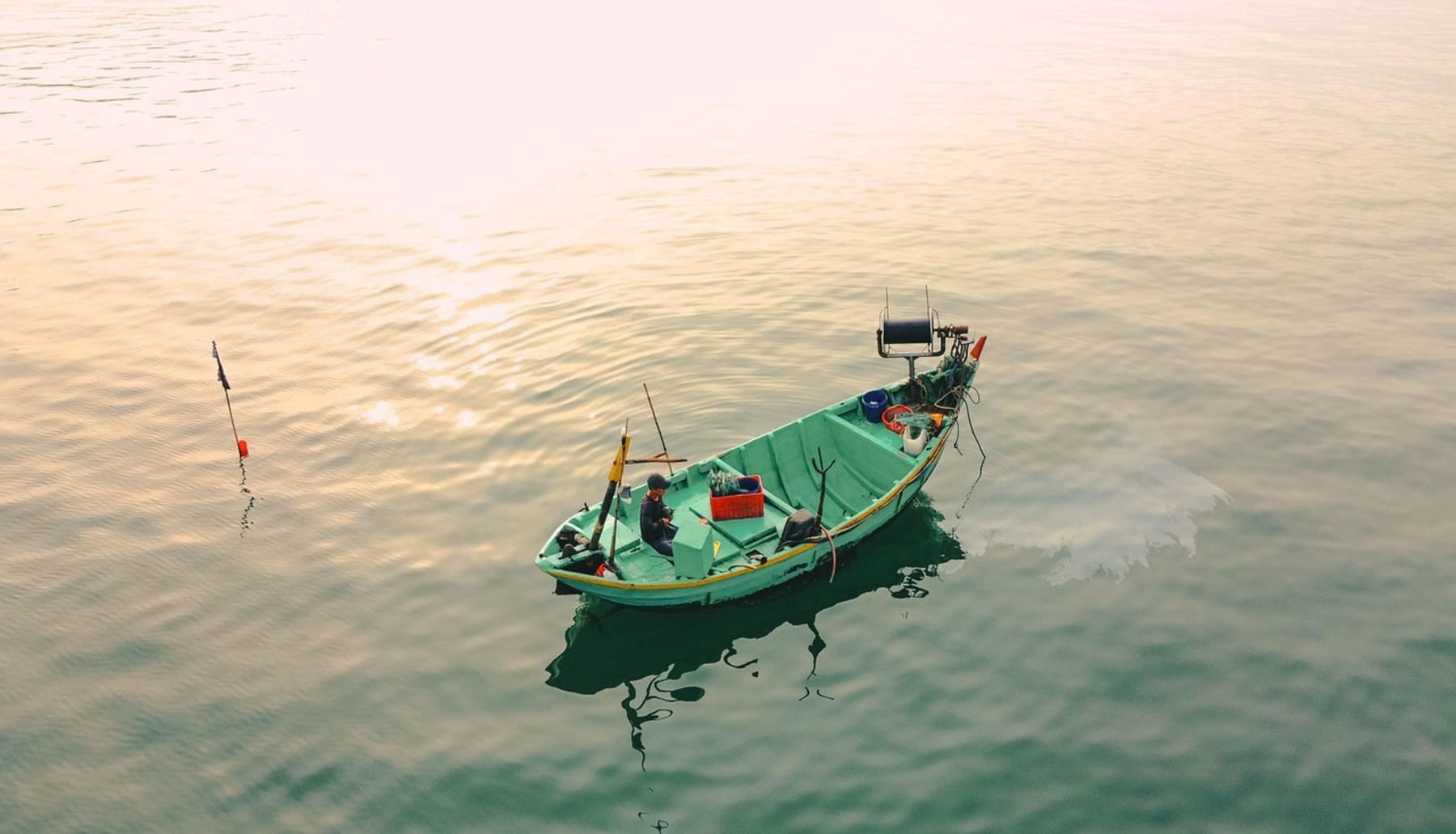The Panama government points to “invisible” owners in the fight against illegal fishingas part of the commitment acquired with a Transparent and sustainable oceanic future. This measure is included in the new efforts that the Executive will launch to combat illegal, not declared and unregulated fishing (INDNR) in the country.
This initiative has been advanced within the framework of the celebration of the Our Ocean Conference where the Panama government has also shown its idea of establishing records owned by clearer and accessible vessels. In this way, they assure, It will walk towards better oceanic governance.
This commitment from Panama represents A good example of good oceanic governance for other nations. In this sense, in the face of the next United Nations Conference on Oceans (UNOC) in June, Member States have the opportunity to follow this Panamanian path and lead a transparency revolution in oceanic governance.
Panama reinforces its commitment against illegal fishing
The Panama Government has confirmed its commitment to a transparent and sustainable oceanic future by announcing new efforts to combat the illegal fishing, not declared and not regulated (INDNR).
The announcement, held at the Ocean Conference in Busan, Republic of Korea, highlights Panama’s ambitions to establish records owned by clearer and accessible vessels by improving the data collection and digitalization processes. In this way, Panama is taking crucial steps towards the transparency of the final beneficiary (UBO) and ensuring greater accountability of your fleet and better oceanic governance.
The final beneficiary property – the ability to identify the true people who benefit from fishing operations – is a fundamental pillar for effective and transparent oceanic governance.
«It is especially important to move towards our Oceanic sustainability objectives. However, the lack of transparency in the UBO currently undermines global efforts to manage marine resources sustainably and equitablely. In fact, this is one of the reasons why the UBO is a fundamental pillar of the global transparency letter of the coalition for fishing transparency, ”they say.
Without access to information about the UBO, states often cannot effectively sanction people who really benefit from breach of fishing laws, particularly when vessels operate under the so -called so -called convenience flags or through opaque corporate structures.
This allows unscrupulous actors to avoid accountability, They threaten marine biodiversity and negatively affect the livelihoods of those fishermen who do comply with the norms. Worse, the application of the law is usually directed against the crews and operators of the boats, instead of the true beneficiaries, perpetuating exploitation cycles without addressing root causes.
With this new objective, Panama has indicated that he is now working to strengthen due diligence by verifying the property of vessels and the review of information on final beneficiaries as part of the procedures for granting licenses. By standardizing and automating these processes, and aligning with international best practices, Panama is inaugurating A new era of accountability at a crucial moment.
But Panama’s commitment is not just good news for the country: it also represents a powerful example of good oceanic governance for other nations. Facing the next United Nations Conference on the Oceans (UNOC) in June, Member States have the opportunity to follow the example of Panama and lead a transparency revolution in oceanic governance.

